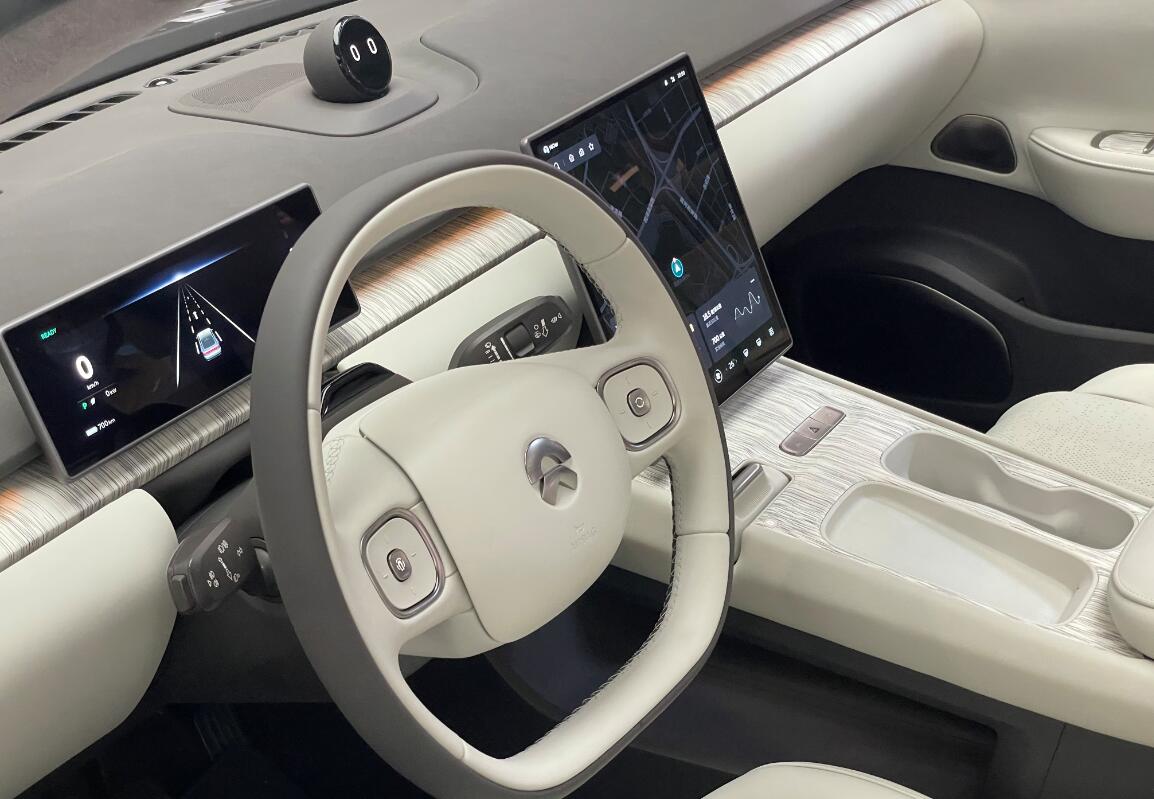
Tight chip supply is one of the most significant headwinds lingering in China's auto sector, and in analysts' view, the problem could be over with the end of the second quarter.
Demand in China's auto industry was not fully released in the first half of the year due to tight chip supply, and as the issue improves, the second quarter will be the worst period for the industry's performance, CITIC Securities analyst Yin Xinchi's team said in a research note on Thursday.
More specifically, the team believes that May will be the worst time for Chinese passenger cars as the tight chip supply situation begins to marginally ease from mid-to-late May.
Chinese passenger car wholesale sales in May were 1.646 million units, down 3.4% from April, according to the China Passenger Car Association (CPCA).
Yin's team attributed the decline mainly to tight chip supply. However, retail sales in May were 1.167 million units, up 7.1% year-on-year and up 3.2% from April, indicating that demand continues to outperform supply, the team noted.
From mid- to late-May, some car and chip companies are releasing positive signals of supply improvement, including a capacity boost at the factory where Japanese automotive MCU giant Renesas Electronics suffered a fire, the team said.
"Our judgment is that May is the time of the year when the Chinese passenger car industry is most affected by chip supply, and the sector will gradually improve from June onwards on a sequential basis," the team said.
In terms of the competitive landscape of the sector, Yin's team is bullish on local brands over joint venture car companies.
Year-to-date, mainstream local companies have launched premium brands and new models to create a differentiated driving experience by significantly improving their intelligence specifications, the team said.
"Autonomous driving platforms with high computing power, LiDAR and high-performance intelligent cockpit platforms have essentially become standard in smart vehicles, marking the opening of an intelligent arms race for local brands and promising a historic opportunity for the intelligent supply chain," the report said.
In contrast, some overseas giants have an advantage in product scale and maturity, but the brand's differentiated experience requires highly customized development, the team said, adding that Chinese companies have a significant advantage in R&D responsiveness and development flexibility, which is expected to accompany the accelerated rise of premiumization of local brands.
In addition, overseas car companies are under dual pressure from declining sales and electrification transition, and high-quality Chinese suppliers are expected to accelerate the global substitution process and grow into leading global companies, the team said.
This echoes a report earlier this month by top Chinese investment bank CICC, which said the Nio ET7, scheduled to go on sale in the first quarter of 2022, will remain the most intelligent hardware-equipped vehicle in the global automotive market.
The car comes standard with NAD (Nio Autonomous Driving), which can gradually realize point-to-point autonomous driving in high-speed, urban, parking and power-up scenarios, the CICC team noted.
At the perception level, ET7's Aquila super-sensing system is equipped with 33 high-performance perception hardware, and is industry-leading in carrying LIDAR. At the computational level, its supercomputing platform Adam is equipped with four NVIDIA Orin chips and has an arithmetic power of 1,016Tops.
"We believe that with the hardware configuration and the company's full-stack R&D capabilities, Nio is on track to reach industry leadership in autonomous driving," CICC said.
CICC sees NIO ET7 as still top of the line in terms of specs when it is delivered next year



